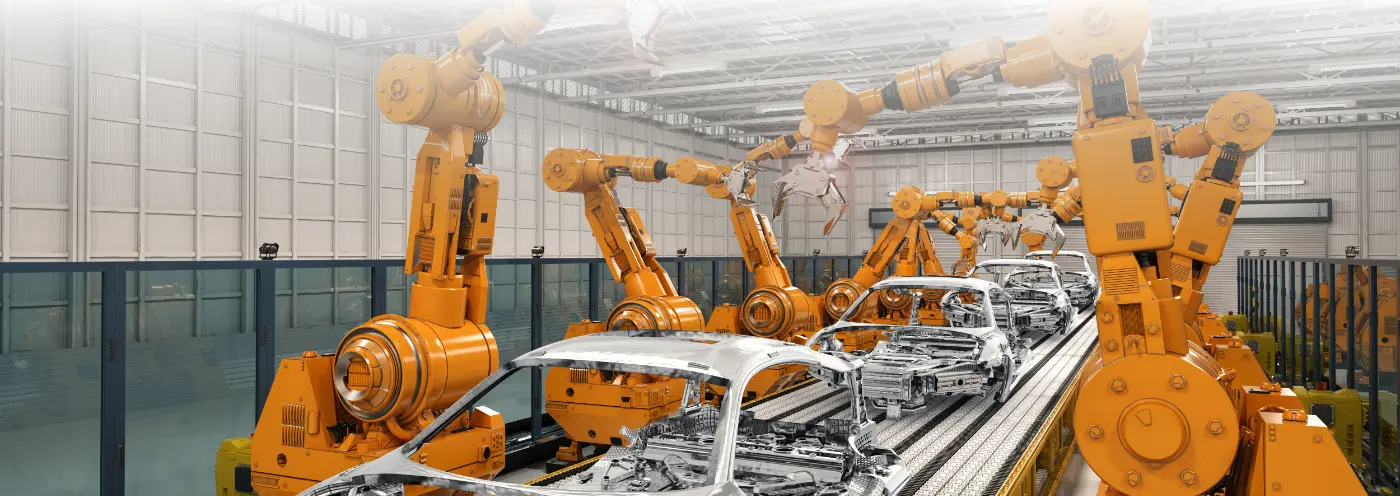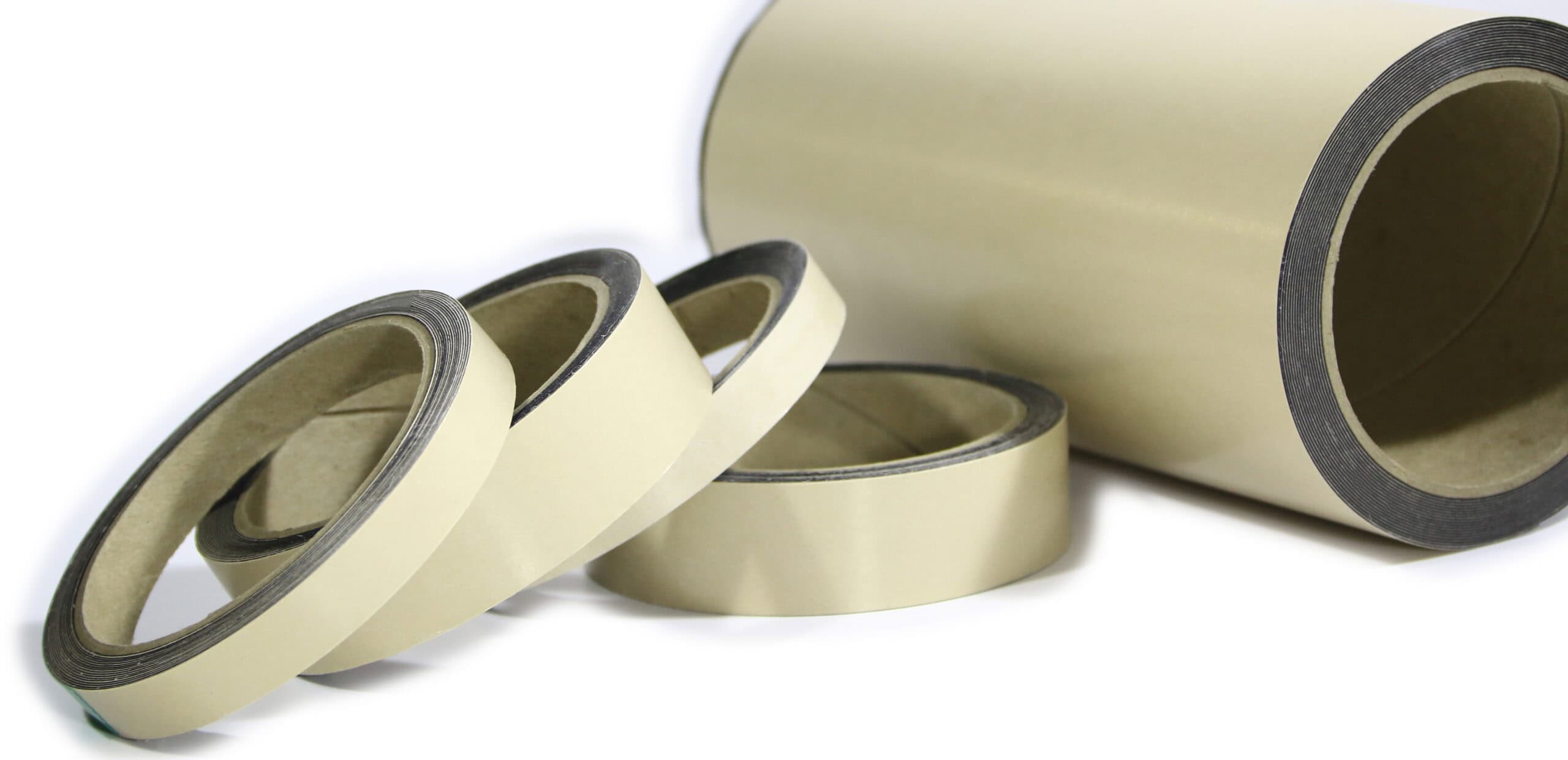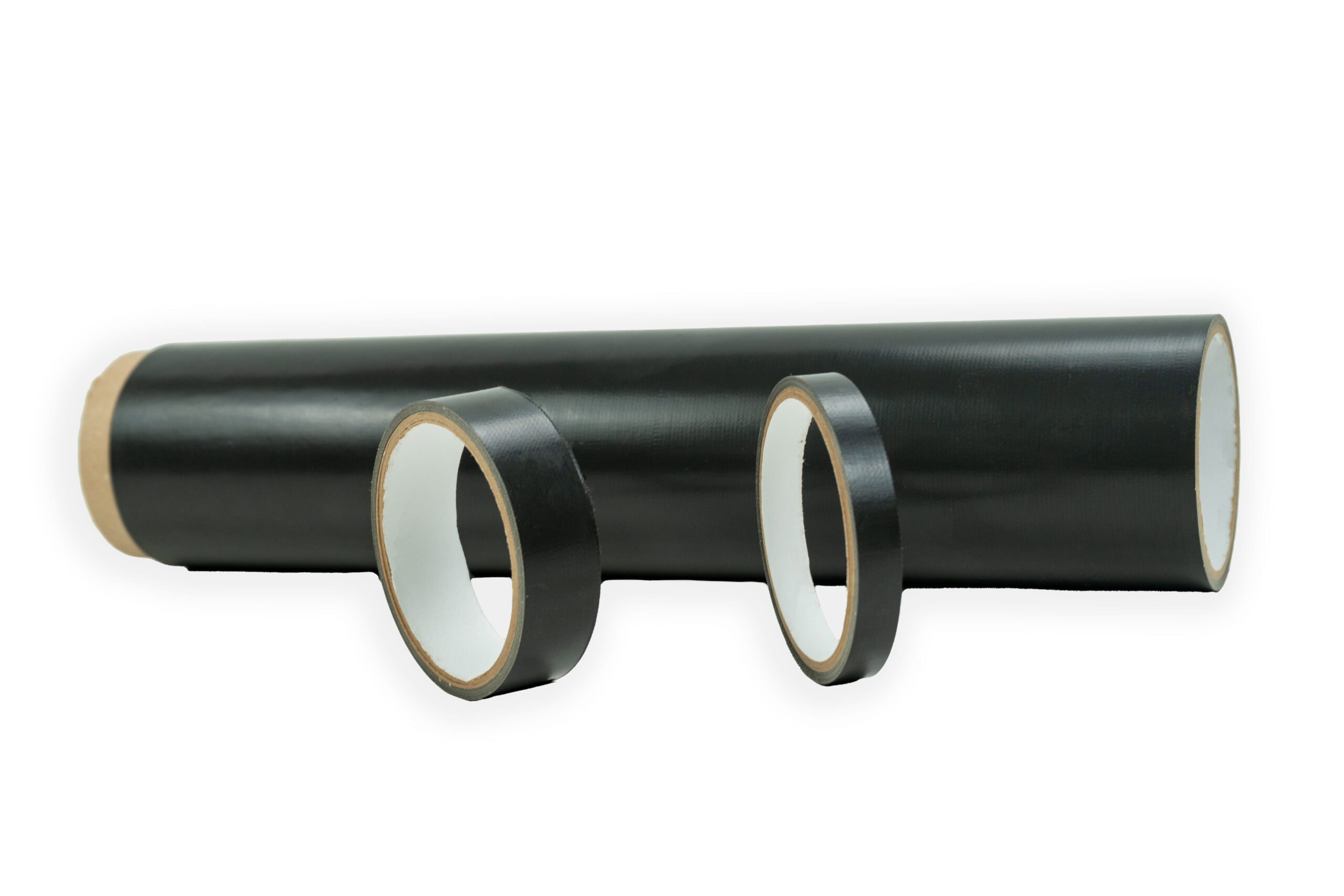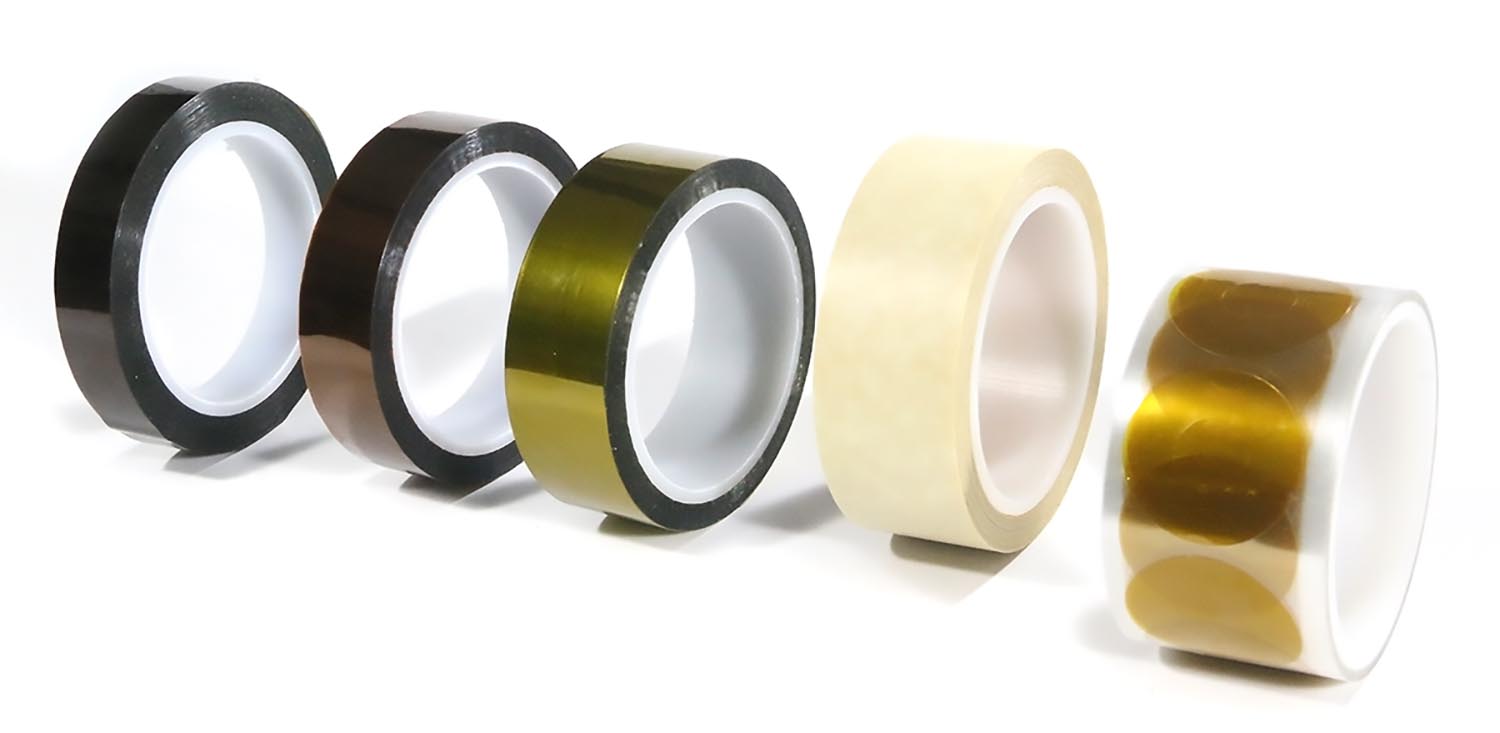Unlock the Future with High-Performance Materials and Robotics Automation

Welcome to the forefront of innovation, where high-performance materials and cutting-edge robotics automation converge to shape the future of Industry 4.0. With unforeseen automation application issues like friction, abrasion, or even static high-performance materials including tapes, polymer films, fabrics or silicone can play a crucial role in component protection, durability, and longevity. At CS Hyde we’re dedicated to navigating material compatibility by delivering solutions that meet and exceed the demands of tomorrow’s technology-driven world.
High-Performance Materials: The Layers of Innovation
In an era where every thousandth of an inch or every ounce of weight matters, our high-performance materials form the substrate in the advancement of technology. Whether it’s aerospace, automotive, electronics, or energy sectors, our materials offer premiere quality strength, durability, and efficiency. Engineered to withstand extreme conditions and enhance performance, our product catalog is designed to elevate automation while meeting and exceeding industry standards.
- Exceptional Strength and Durability: A variety of material options to endure the harshest environments, providing reliability and longevity for your applications.
- Lightweight Efficiency: Reduce weight without compromising strength while optimizing the physical properties of high-performance polymers.
- Advanced Thermal and Electrical Properties: Benefit from high heat resistance and conductivity, crucial for high-tech and energy-intensive applications.
Robotics Applications:
Wear Components: Low friction polymers create another layer of lubrication. For example, die cut shims can be utilized in moving components such as gyro heads or gantry arm systems. Low friction polymer films create separation between two components thus reducing wear, friction, abrasion, gapping tolerances, and assuring limitless motion. Polymers like Nylon or UHMW exhibit abrasion resistance exceeding that of steel.
Internal Protection: Robots are being utilized for extreme applications that are deemed not accessible or unsafe. Exposure to these environments requires materials that can withstand exposure to high heat, chemicals, or repeated impact. Internal material composition is critical to external material composition. When considering end use environments materials selected for internal use, they should be able to withstand this exposure. Applications for actuator or motor insulation materials, wire wrapping tapes, or flame-retardant silicone utilized for vibration dampening.
Automation Applications:
Reducing Static: Incorporating automation into conveyor systems can increase speed and productivity while transporting products or boxes throughout warehouses. Within conveyor systems friction points can form due to weight, sharp edges, or continuous wear from run time. Static issues can be found in packaging or cardboard applications due to the generation of static electricity created when separating materials from stacking and transferring. Anti-static materials like UHMW, PTFE coated fiberglass, or PTFE coated Kevlar® provide a static dissipative surface due to their carbon additive composition.
Heat Sealing: Heat sealing is a component of product packaging utilized in food, medical, and pharmaceutical applications. With new machinery being developed to automate this process, release material combinations need to be durable enough to withstand continuous sealing. High temperature, pressure, and friction are properties associated with seal formation. CS Hyde provides different substrates and adhesives to reduce maintenance and changeover, while providing faster heat-sealing capability. TFL Extended Life Tape is recommended due to its flexibility and longer wear life as compared to traditional PTFE coated tapes.
Sensor Protection: Sensors have become a widely utilized component in automation to relay different types of information regarding safety, machine monitoring, and process control. Due to their vital role in production, sensor protection can be critical to monitor and analyze the various changes occurring in an automated process. Polyimide Tape and PTFE Tape like Optically Clear FEP Tape are ideal overlay substrates or barrier tapes to protect sensors from chemical exposure or high heat environments. Uniquely these tapes can also serve as a barrier to prevent dust and other particles from affecting readings while providing an easy, cleanable surface due to its low friction properties.
Mechanical Design and Fabrication
Automation and Robotics are made possible through customization with emphasis on tight tolerance requirements. From early design phases to repair solutions, CS Hyde specializes in the converting of high-performance materials to accommodate design changes or need fast delivery. For parts designed from (CAD) Computer-Aided Design, our die-less knife cutting process enables us to utilize drawings to mirror the exact dimensions and tolerances of the part. Common types of parts include custom washers, gap fillers, wear plates, and insulating gaskets fabricated from polymer films, industrial fabrics, or silicone rubber sheeting. Converting these materials expands application compatibility by providing material solutions to compact design requirements, surface protection, alternative fastening, and custom solutions based on application.
CS Hyde capabilities include: Custom Roll Slitting, Adhesive Lamination, Die-Cutting, Die-less Knife Cutting, Automated sheeting



